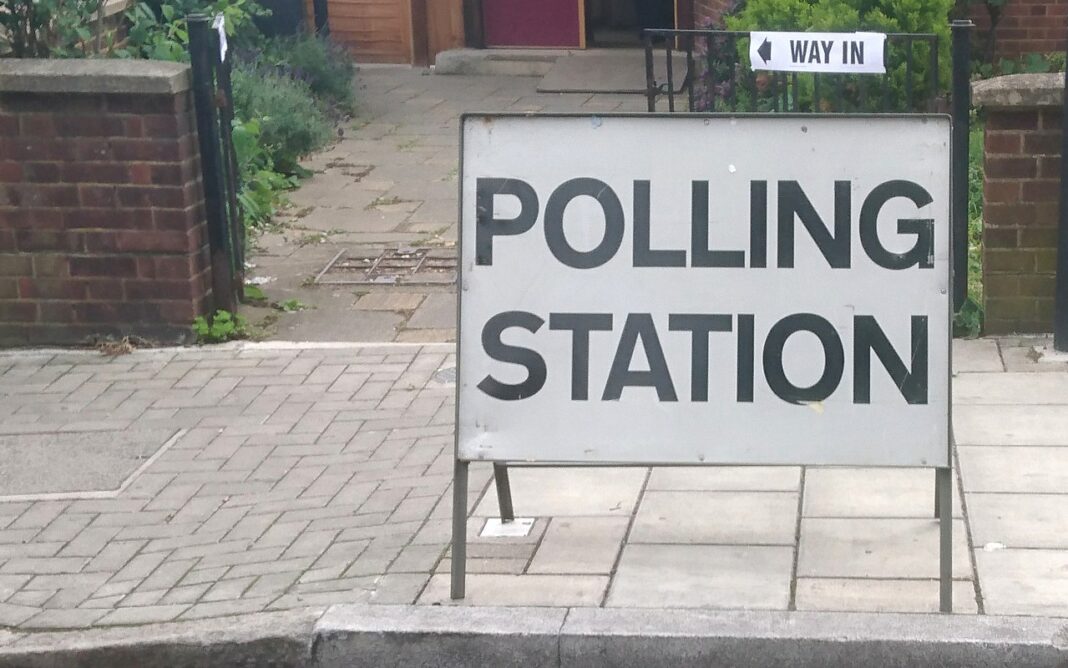5 MAY 2023 | NEWS
The Conservative Party has seen significant losses in the local council elections held yesterday, with net losses amounting to around 1,058 seats at the time of publication.
Two councils have yet to declare, but the party has lost overall control of 45 councils thus far. Conservative Party Chairman Greg Hands had previously said that a loss of around 1,000 seats was to be anticipated.
In contrast, Opposition parties have made significant gains, gaining hundreds of seats. Labour has taken 532 seats thus far – which is higher than it was reported to have imagined – and the Liberal Democrats 409. The Green Party has also gained upwards of 200 seats.
There has also been a net loss of around 81 Independent councillors, who do not represent any established political party.
Many ousted Tory councillors have laid the blame at the door of incumbent Prime Minister Rishi Sunak, after the Labour Party became the largest party in local government. This has not happened since 2002.
A Labour spokesperson said: “The British public has sent a clear rejection of a Prime Minister who never had a mandate to begin with.” But Mr Sunak said he had not seen “a massive groundswell of movement towards the Labour Party”, although he did admit the party’s results were “disappointing”.
Labour leader Sir Keir Starmer said the results pointed to a Labour victory at the next General Election, saying at a victory rally in Medway – a council the Conservatives lost to Labour – that: “Make no mistake, we are on course for a Labour majority at the next General Election.”
Other major losses for the Conservatives included Stoke-on-Trent, Plymouth and Swindon, although it did hold on to power in North Lincolnshire, while gaining control of Torbay.
Major victories for the Liberal Democrats included Windsor and Maidenhead. Meanwhile, the Green Party has gained overall control of a local council for the first time – Mid-Suffolk.
Sir John Curtice – a Professor of Politics at Strathclyde University and noted psephologist – has said the figures point to a nine-point Labour lead over the Conservatives if yesterday’s local election results were to be translated into a General Election.
This may well be enough to afford the Labour Party a slim majority the next time the country is due to decide upon its next government, although it is typical for a governing party to lose seats at this point in the electoral cycle.
It was also the first election held in this country since the requirement for voters to provide identification in order to cast their ballot was introduced. The Chair of the Electoral Commission, John Pullinger, reportedly said: “It appears that the Government has designed a system which denies the prospect of sensible and co-ordinated information collection and makes it almost impossible to judge the true impact of the introduction of voter ID.”
In addition, the Commission has estimated that approximately 4% of the population would not have possessed a valid form of photographic ID in order to vote, which would represent around two million people.
The final few results from yesterday’s election are anticipated to be declared tomorrow.

























